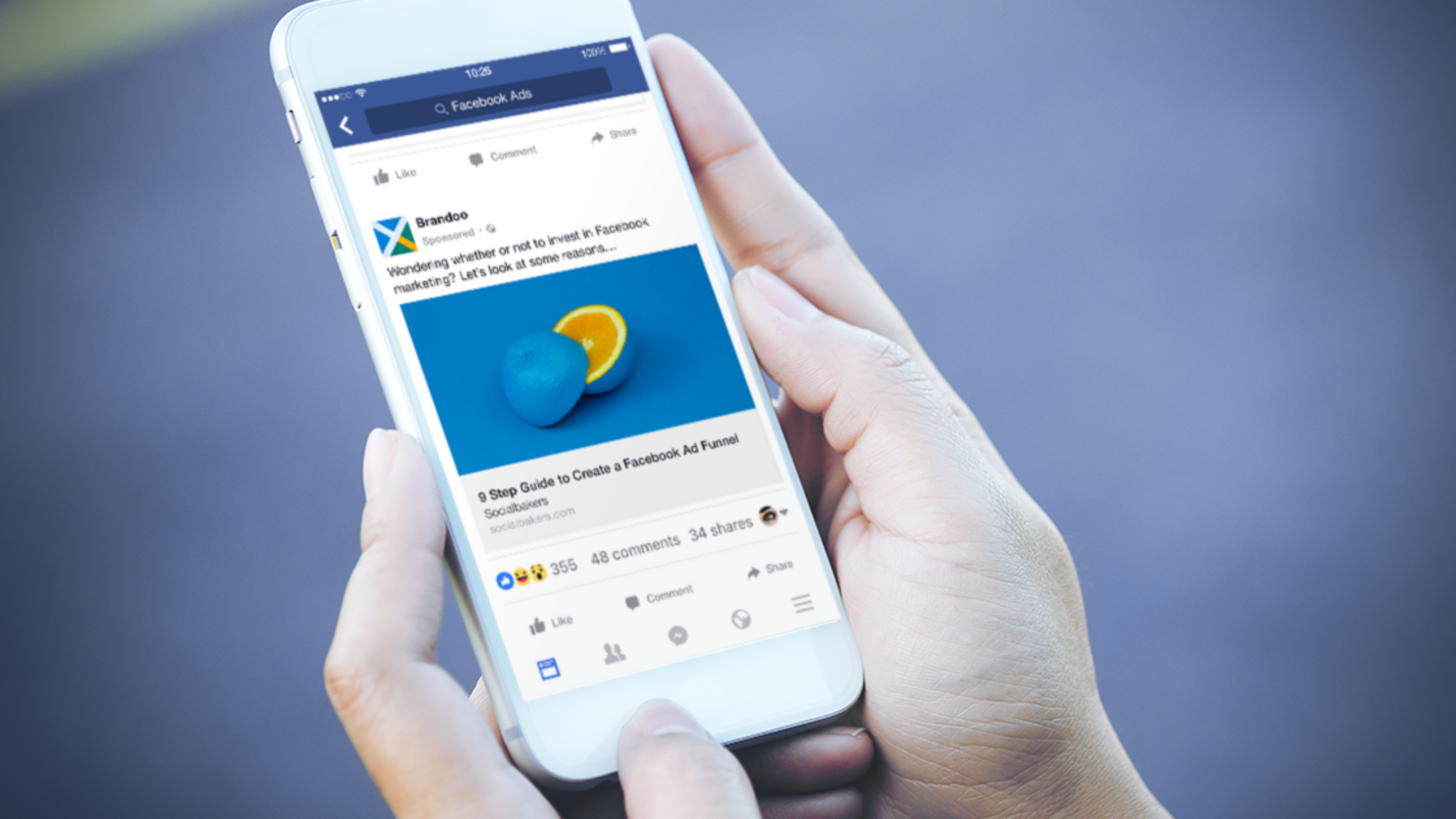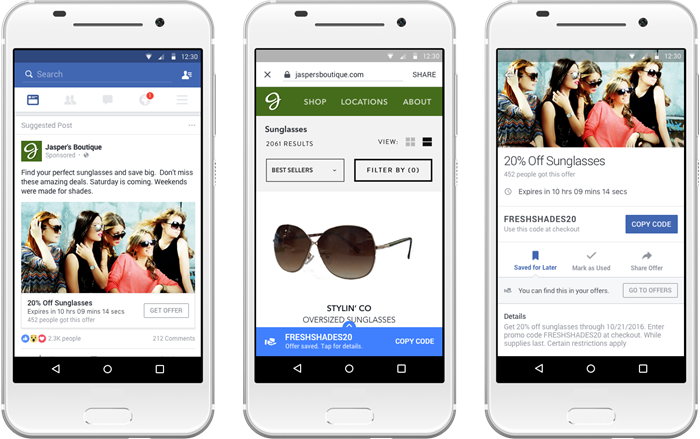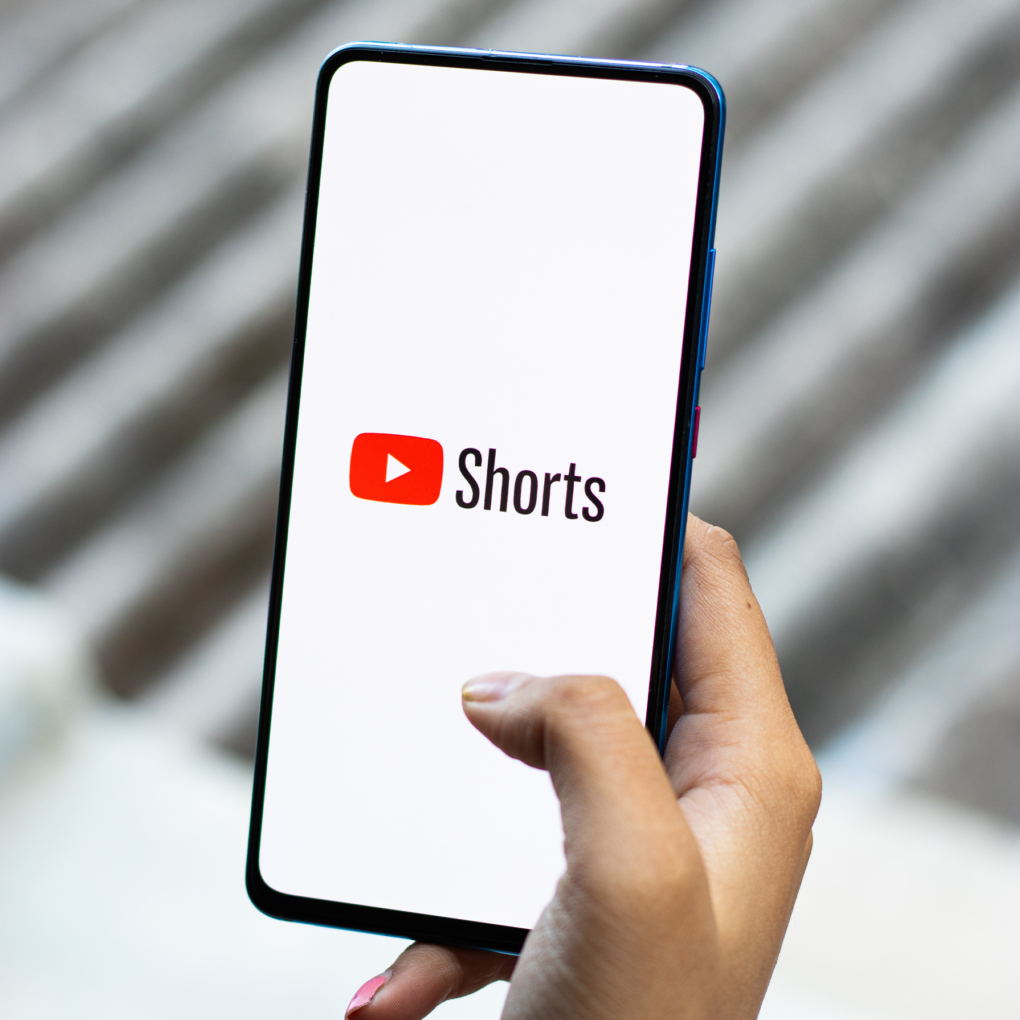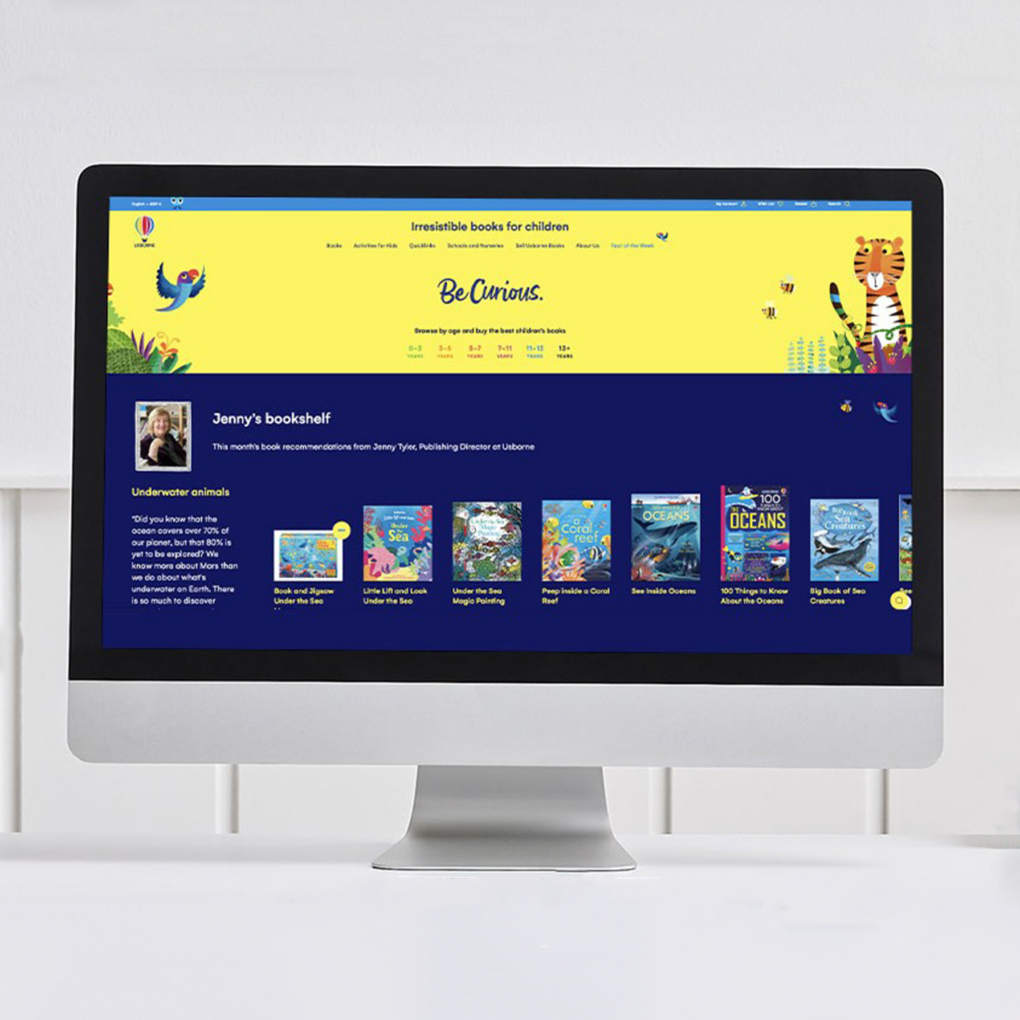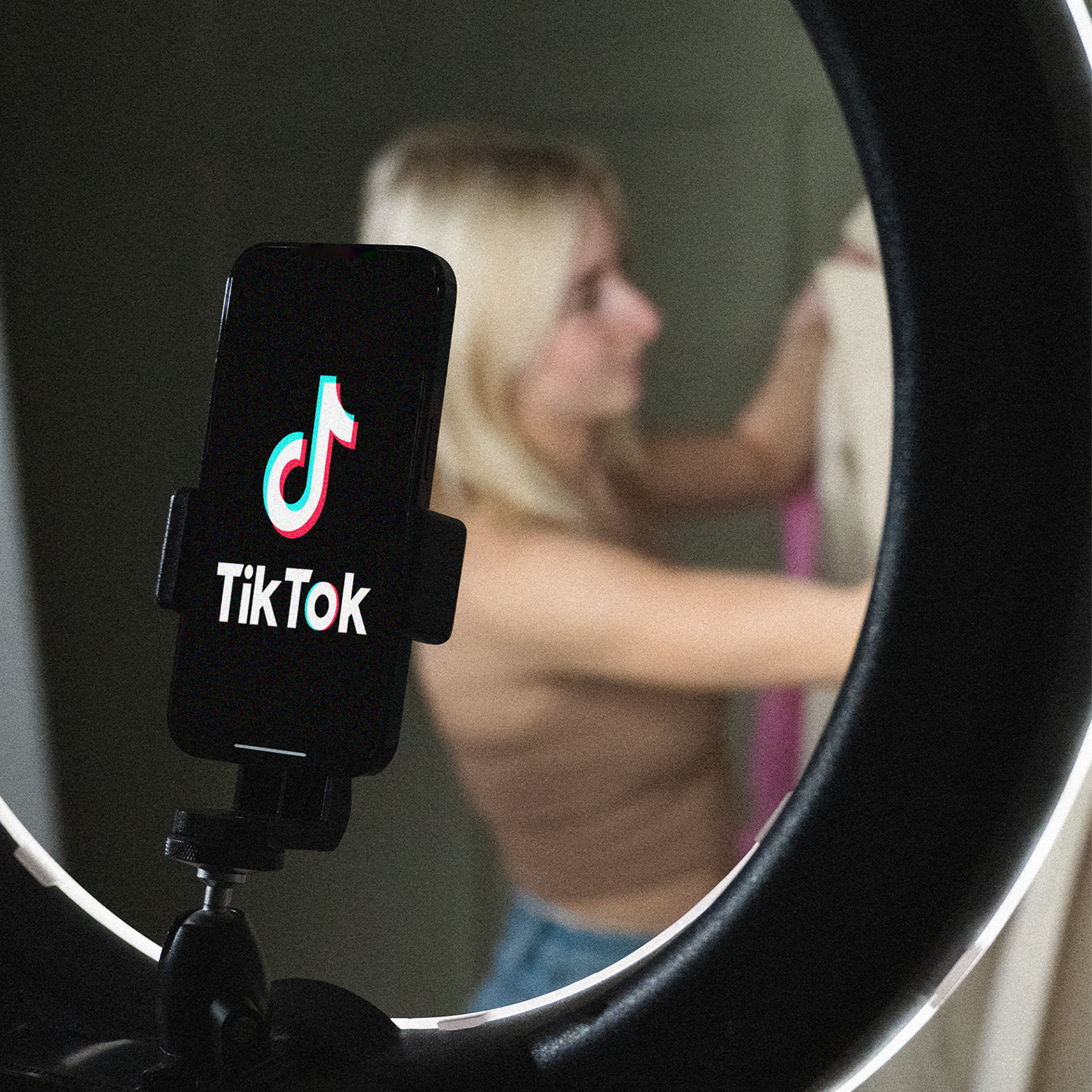There was a time when brands could reach their audiences organically on Facebook, through relevant and interesting content. Then Facebook decided that paid advertising was the road it wanted to go down, meaning that brands had to pay to get their content to appear in the timelines of their target market.
Let’s consider the reason organic reach has declined. As brands should know, it was because the quality of advertising content was not interesting and exciting enough for Facebook users to engage with it. The quality of the branded ads that were swamping the timelines of users was so poor it led to content shock and brands had to pay to reach their audiences. The goal was solely to get their ads viewed and that could be done with cash rather than quality content.
The quality of the content
Now, however, the tables have turned. Now, brands must direct their efforts towards creating content that Facebook users will share on their timelines, which is then made visible to friends and family of the user. These shares should include preferably some commentary, as sharing with commentary results in higher levels of engagement.
If users share your content with commentary, Facebook values it positively and therefore rates it higher because is likely to generate discussion and therefore better engagement. At the end of the day, Facebook wants users to stay on their site longer. This challenges marketers to move away from making ads that are just sensational and start producing thought-provoking content that stimulates debate.
A true media platform
At the core of Facebook’s new strategy is the desire to be seen as a trusted news source. This means that your ads will need to be verified, i.e backed up by facts and hard evidence. Ultimately the content needs to be interesting enough for users to talk about it as it needs to spread organically. Despite Facebook wanting to become a true media platform in its own right, it is never going to turn away brands with huge budgets willing to throw millions at increasing their reach. For smaller brands there is nowhere to hide, this new algorithm change means that ad content quality will have to improve massively or be lost in a sea of posts.
